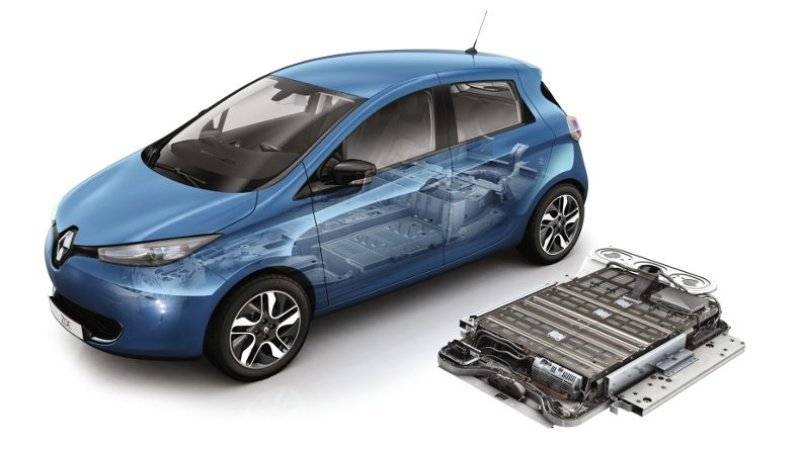Renault will work with UK-based Powervault on home storage units

The trial program will begin with 50 units next month and will be conducted for 12 months.
Powervault, which was founded in 2012, estimates that so-called "second-life" EV batteries can reduce a home's energy costs by as much as 35 percent. The company is installing its trial units with customers at UK utility provider M&S Energy, as well as at a number schools and social-housing units. As for the existing size of the UK market, about 800,000 homes have had units installed that store solar energy and can be deployed to use that energy during peak-usage hours in order to reduce utility costs. Renault estimates that a typical EV battery lasts between eight and 10 years in an automobile.
Renault is not the first automaker to offer its used electric-vehicle batteries as a stationary-energy-storage unit. Nissan has tested second-life usage of batteries from its Leaf EV since at least 2010, and was working with Eaton as recently as 2015 on testing energy-storage units. And last year, BMW announced its own stationary-storage system, estimating that a fully-charged "second-life" battery can store enough energy to power a US household for as long as two days. To that end, Bimmer has started testing out used MiniE batteries in Northern California.
